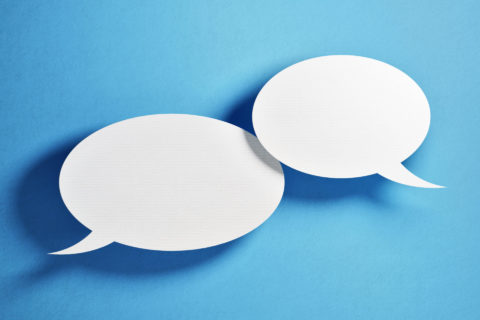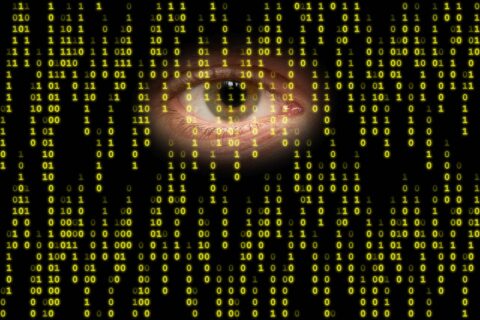This paper will be discussing three critical issues that human beings are likely to face as a consequence of social distancing and its emotional and psychological ramifications.
- Part 1 – dealt with the conflict the notion of social distancing creates for us. (hyperlink)
- Part 2 – covered coping with disruption and the creation of a microcosm within the home and the emergence of a different self (hyperlink)
- Part 3 – will detail the two coping behaviours that deal with the anxiety of the unknown and the emergence of a higher purpose and a new meaning system
Dealing with the anxiety of the unknown and the emergence of a higher meaning
The second coping behaviour deals with this forced isolation and the build-up of anxiety about being in a liminal state. It tries to address:
- Concerns about an uncertain future
- Concerns about one’s livelihood
- Lack of control on external factors like the economic conditions, healthcare, supplies and lack of freedom to make critical choices
- Lack of certainty about when the pandemic will truly end and when we can be sure of protection and cure
- A barrage of fearful information that stokes the fear of the unknown and the sense that one is not in control
- Facing the notion of impending death of one’s loved ones and self
- Being cooped up within the confines of one’s home without the freedom to roam free
Anger, frustration, and negative emotions are underscored by the physical isolation that now begin to erode one’s emotional wellbeing. The individual begins to seek a new set of beliefs and data that can comfort and reinforce a sense of security and return to normalcy.
While many of us would like to remain positive in the face of this situation the fear and the threat is real and will arouse deep psychological and emotional distress.
Luana Marques a Harvard psychologist and renowned practioner of Cognitive Behaviour Therapy suggests that the best way to emotionally cope with the anxiety response evoked by this threat is to:
- Embrace Discomfort: She argues that we are biologically wired to push away our emotions. Yet science teaches us that fighting our fear or anxiety actually makes things worse. Being in denial only represses the problem which will resurface to trouble us again and again. So, it is important to label our emotions and accept them. How am I feeling now? Anxious, scared, fearful, grateful? By labelling the emotions, we can calm the brain and ride the anxiety.
- Face facts and plan: Avoid exposure to too much unreliable information. Select our sources carefully and use that information to plan our new normal. By planning we create certainty and control which helps the brain to predict better and stave off the anxiety.
- Working out routines that help body, mind and spirit and are more holistic.
- Anchor in the present moment: as anxiety leads us to escalate the situation and our thoughts are often in the future, catastrophizing and assuming that the end is near or that death is inevitable. In the present moment we are able to slow down the brain and be more mindful. Sensing the sensations in the body as we undertake any activity is known to slow down the brain and reduce anxiety.
The third coping behaviour is to seek a higher meaning or purpose that will guide my behaviour in the days to come. For some it may remain a state of resignation and waiting it out. The stage can be one where some are depleted, pessimistic and emotionally fraught and resigned with one’s situation. The coping is to wait it out hoping to go back to what life used to be and where one can be what one always was.
But for others a desire for altruism and seeking the higher within me will guide the way they cope with the emotional angst they have begun to feel as a result of this threat and the forced isolation.
The other coping strategy is one where an emotional and spiritual transformation has occurred, and people are seeking a higher purpose and directing their emotional energy to reach out to help others so that they can handle this troubled time.
By helping others there is a re-establishment of “a sense of community” despite the social isolation. It also forces people to re- evaluate what they seek from their future. How they wish to live in the future. And, whether the new normal is perhaps a better way of being.
Whether they need to be more sustainable in the way they consume and live and whether their earlier life was “way too unconscious and habit driven rather than conscious and aware”.
The question will remain; is it life and business as usual once this threat is over? Or will my emotional and spiritual transformation during this crisis aid me to question who I am and what is my purpose in life and for this earth and the universe we share with other species.


